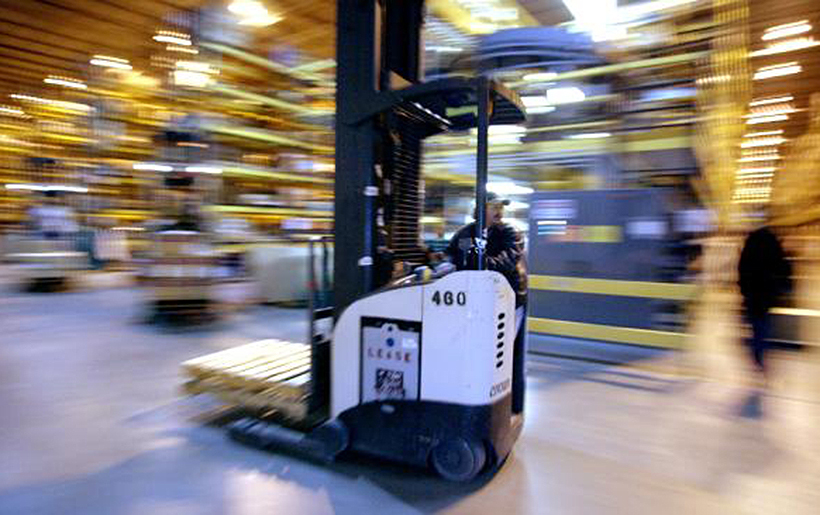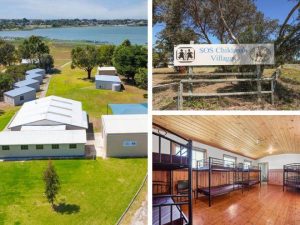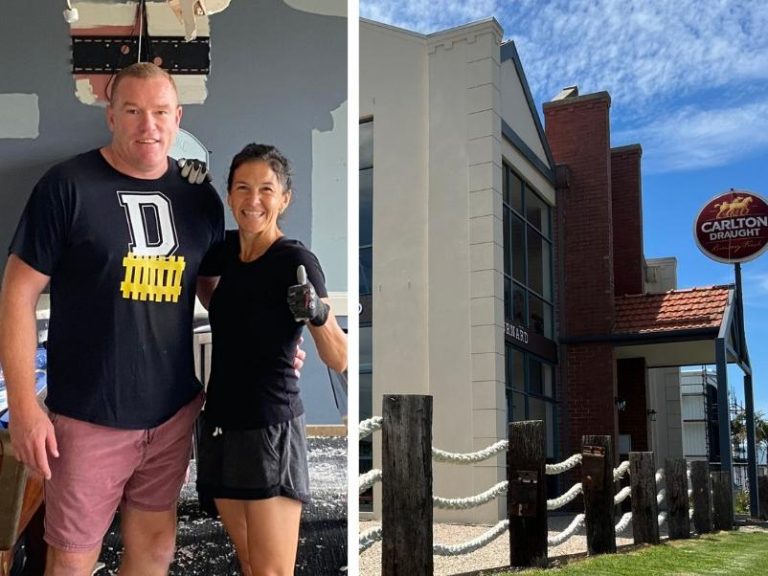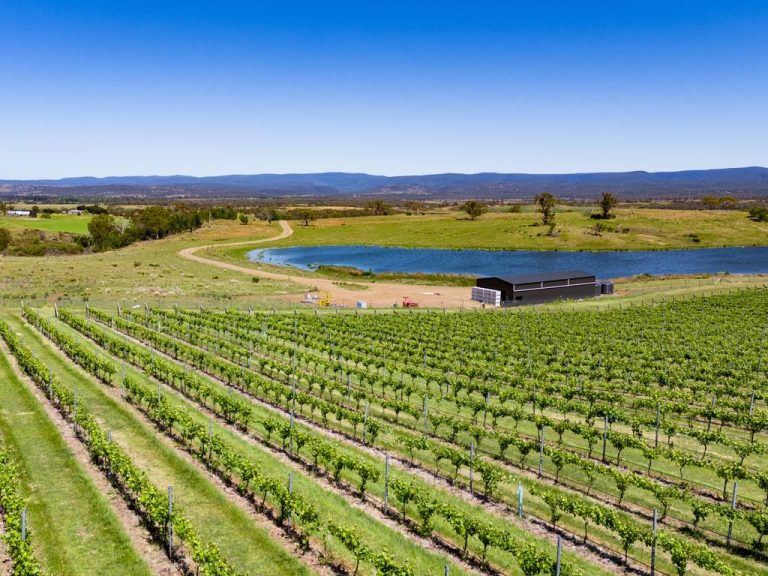Battle intensifies for Amazon’s signature

Amazon’s choice of Australian landlord could depend on which of the industrial developers has access to the best located site, as agents say local developers would be “falling over themselves” to win the eCommerce giant’s business.
Industrial developer Goodman Group, which has developed space for Amazon in the US, appears to be well placed given its established relationship with the retailer, but Dexus, Charter Hall Group, GPT Group and Frasers Centrepoint could be other potential partners, according to senior industrial real estate agents.
Goodman declined to comment. CBRE, which is acting for Amazon in its search for suitable space, also declined to comment.
Commercial Insights: Subscribe to receive the latest news and updates
The US-listed Amazon last week confirmed speculation it was preparing to roll out its retail offering in Australia, saying it would focus on giving customers “vast selection and fast delivery”.
In the short to medium term, Amazon may need two purpose built, large format fulfilment centres, one each in Sydney and Melbourne, valued at more than $300 million, according to Shaw and Partners research.
Goodman is a “potential, but not guaranteed beneficiary” of Amazon’s business in Australia, Shaw and Partners analyst Peter Zuk wrote last week.
A site on major transport routes would be key, which in Melbourne could be in the west, north, or southeast, JLL’s head of industrial in Victoria, Matthew Ellis says.
All of the institutional developers would be falling over themselves to do a deal with a group like Amazon
“Location is paramount, because clearly they’re going to need to be somewhere where they can get containers out of the port efficiently and distribute to customers efficiently,” Ellis says.
“It’s going to come down to their view on location, and what’s going to reduce cost.”
He says although Amazon could buy land and develop its own facility, it is most likely the group will do a deal with an institutional developer who can make a competitive, long-term offer. He also note Goodman’s “prolific” development history: “Anybody that’s got a track record with them (Amazon) is clearly going to be invited to the table.
“All of the institutional developers would be falling over themselves to do a deal with a group like Amazon,” Ellis says, adding Amazon could need additional smaller centres in future.
Over the five years to 2016, the proportion of industrial take-up in Melbourne allocated to transport, postal and warehousing increased to 33 per cent, from 30 per cent in the previous five years, while the proportion claimed by manufacturing shrank from 10 to 4 per cent, JLL research shows.
Malcom Tyson, Colliers International’s Australian managing director, industrial, says all the major investment owners could facilitate the kind of space Amazon would need, meaning the decision will come down to who has the best block of land.
“Over time, the ownership of a facility changes, but location never does,” Tyson says. “You’ve got a lease in place (if the owner changes) — but as long as your facility is located in a precinct or part of a geographic region that best suits you.”
This article originally appeared on www.theaustralian.com.au/property.







